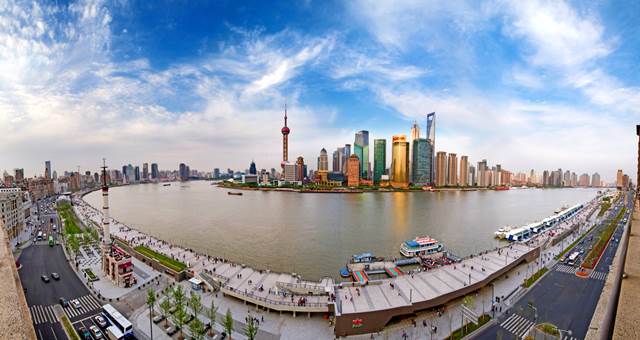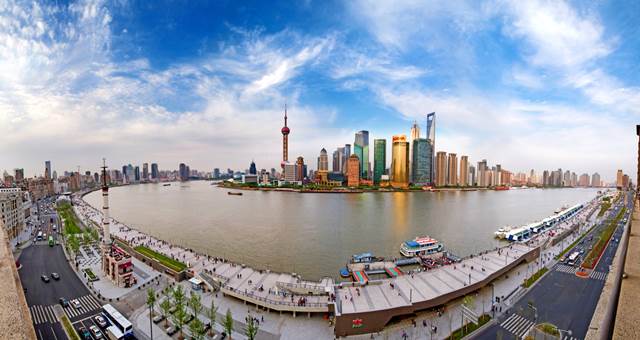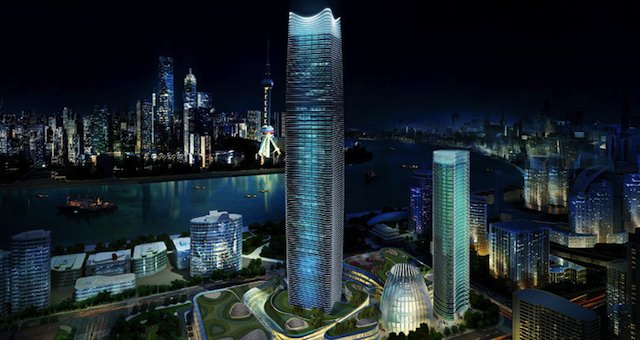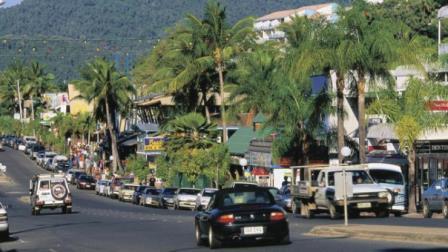

Chinese super city Shanghai has announced plans to extend its visa-free entry to Shanghai to 144 hours.
Leading China specialist Helen Wong has praised the move, saying,”“This is great news for Australian travellers wanting to extend a stopover without the need to pay for a China visa.
“We welcome the extension as it will open up new opportunities for visitors to experience more of the region. It indicates how successful the previous 72-hour visa-free stopover had been,” she said.
Helen did warn, however, that to take up this extended visa-free stopover the traveller must have an onward journey ticket (eg UK, Japan, Singapore, Thailand, etc) as it didn’t apply to those on direct return- to-Australia tickets.
This also applied to the previous 72-hour visa-free stopover.
For Shanghai, such an extended stay would greatly benefit people attending conferences, exhibitions, business meetings as well as those wanting to book an extended independent tour of Shanghai and beyond to the historic water towns, even such tourist hot spots as Hangzhou and Suzhou.
Shanghai, Jiangsu and Zhejiang began to offer a 144-hour visa-free entry for international transit passengers from January 30, 2016 in renewed efforts to boost business and tourism.
The new policy covered travellers from 51 countries and regions, including the USA, Russia, Britain, Australia, France and Japan.
They can enjoy a 144-hour stay in the Yangtze River Delta upon entry via Shanghai`s air, sea and railway ports, Jiangsu Province`s Nanjing Lukou International Airport and Zhejiang Province`s Hangzhou Xiaoshan International Airport, providing they have third country visas and tickets to leave for a third country or region within 144 hours.
Shanghai, Zhejiang’s capital Hangzhou and Jiangsu’s capital Nanjing have allowed 72-hour visa-free entry for international transit passengers since 2013.
Under the previous policy, transit passengers could only enter through the airports of the three cities and were not allowed to travel to areas outside of the city.
Apart from doubling the time of their transit stay, the new policy also allows international passengers to travel to all three provincial areas in the Yangtze River Delta.




